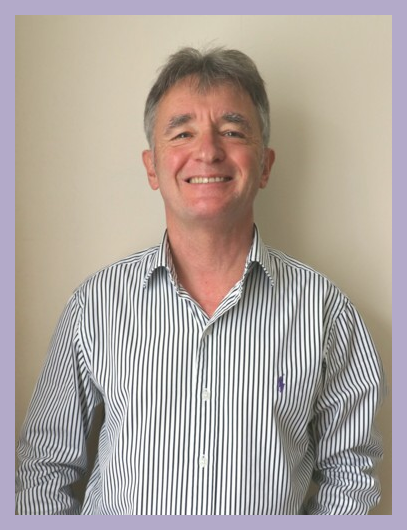 Guest Blog by Paul Hitchcock, Chief Executive, The British Acupuncture Council
Guest Blog by Paul Hitchcock, Chief Executive, The British Acupuncture Council
I recently spoke at an NHS England event for International Day for Older People, my talk being titled “Lessons from traditional Chinese acupuncture – adding value to life”. We know we have a demographic challenge here in the UK and we talk about an ageing population that will see an increase of around one million people over the age of sixty five in the next three years. In China the number is closer to three hundred million, although the approach there is not to use age as the differentiator but the person’s overall health and wellbeing – an approach that is also now starting to be applied here in the UK.
Another major difference in the approach to health management is the integration of traditional acupuncture with western medicine – an approach endorsed by the World Health Organisation strategy, and the use of acupuncture earlier and in more conditions than it is often considered here in the UK. For example in China acupuncture is used as an early intervention in treatment following a stroke.
So what might be the lessons for older people here in the UK especially those who have an MSK issue as part of a complex pattern of co-morbidities?
Perhaps we should be considering a wider spread of therapeutic support than has been used in the past? For example what would happen if the range of therapies traditionally used by an acupuncturist trained in the eastern medical paradigm was added to the choices open to the patient? What would happen if the first point of contact for an MSK patient was a traditional eastern trained acupuncturist?
The integration of western ‘orthodox’ medicine and eastern ‘traditional’ medicine is a strategic intent of the WHO and is now being mandated in China where the problems of an ageing population dwarf those same problems here in the UK. Shouldn’t we also be integrating the two medical paradigms?

